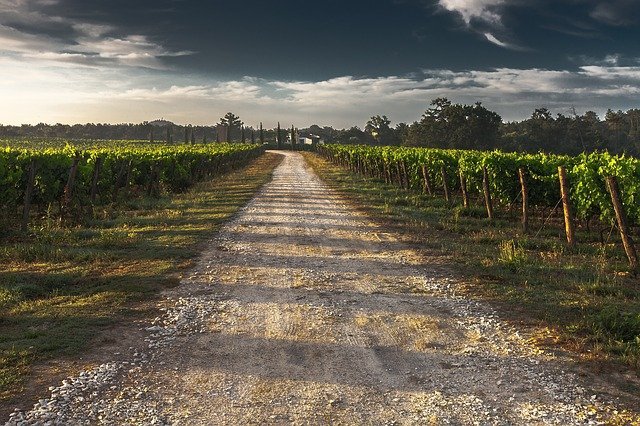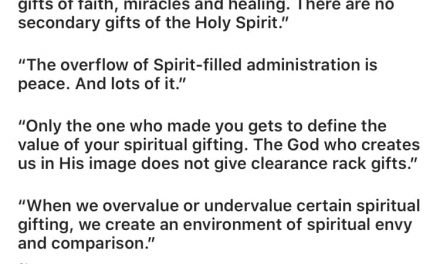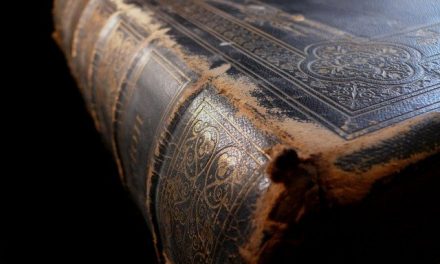In the list of duties we get a snapshot of the wealth and the vastness of all that went into maintaining the kingship. There were countless advisors.
Military Rotation
The first thing we see is that no one tribe or military was on duty at all times. Each commander took turns providing 24,000 men for military rotation during one month of the year. This kept the troops and commanders all fresh. This was a position of honor and the commanders wer named.
Practical Duties
Next we have those in charge of the practical duties in service to the king. This also gives us an insight into what they used and maintained:
- Storehouses in the country, in the cities, in the villages, and in the fortresses (v. 25)
- There were “those who worked in the fields tilling soil” (v. 26)
- They had vineyards (v. 27)
- Wine cellars (v. 27)
- Stores of olive oil (v. 28)
- Herds in Sharon and herds in the valleys (v. 29)
- Camels (v. 30)
- Donkeys (v. 30)
- Flocks (v. 31)
There were men who were put in charge of all of these as they were a part of King David’s property.
Specific People
Next in David’s household we have specific people that have special roles
- David’s uncle Jonathan – a counselor, a man of understanding and a scribe
- Jehiel who attended the king’s sons
- Ahithophel, the king’s counselor then Jehoida then Abiathar
- Hushai was the king’s friend
- Joab, commander of the king’s army
The one most interesting I think is “Hushai, the king’s friend.” The others had duties and roles and interesting Hushai is merely his friend. That’s awesome.
The King and His Kingdom
God was to be king of Israel but prior to Saul, they demanded a king like the other nations. God relented but he did so with a warning through Samuel:
“Samuel told all the words of the Lord to the people who were asking him for a king. He said, “This is what the king who will reign over you will claim as his rights: He will take your sons and make them serve with his chariots and horses, and they will run in front of his chariots. Some he will assign to be commanders of thousands and commanders of fifties, and others to plow his ground and reap his harvest, and still others to make weapons of war and equipment for his chariots. He will take your daughters to be perfumers and cooks and bakers. He will take the best of your fields and vineyards and olive groves and give them to his attendants. He will take a tenth of your grain and of your vintage and give it to his officials and attendants. Your male and female servants and the best of your cattle and donkeys he will take for his own use. He will take a tenth of your flocks, and you yourselves will become his slaves. When that day comes, you will cry out for relief from the king you have chosen, but the Lord will not answer you in that day” (1 Sam 8:10-18).
Even though King David was a righteous man, the warning from God was fulfilled in the lives of the Kings of Israel. It took many goods and many people to supply the king his needs and wants for his use.
Some kings used up more than others, but it was still a burden to the people. And just seeing all that David needed and used, it was quite a bit. But perhaps he was more modest than others. We don’t know. But everything that God said about a king we see unfolding right here.
It was in issue of God’s second best. He can still worth that and sometimes we too want something so bad that we will take God’s second best. But it is best even yet to take his original blessing and surrender that which we want so bad to His will. He ultimately has our best in mind and it is about trusting that He is good not just to everyone else, but to us as well.







